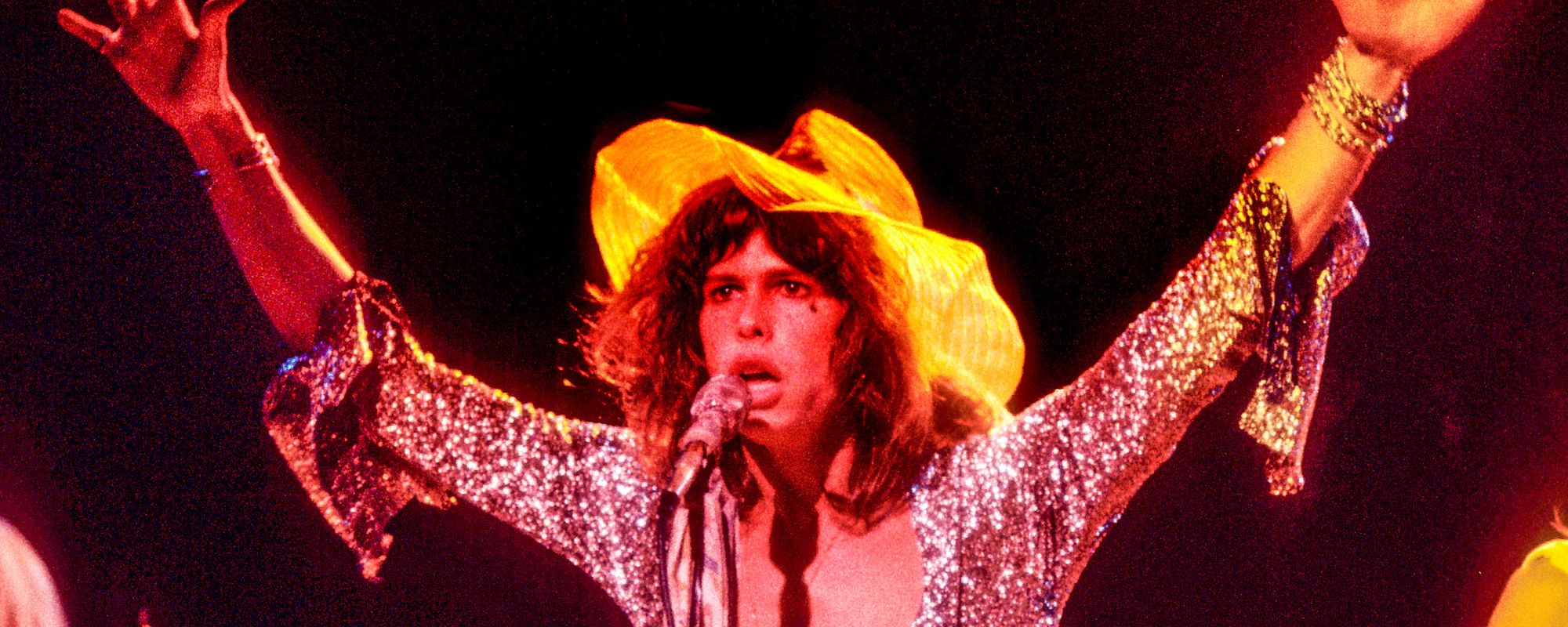From his home in the Texas Hill Country, where he has spent the last year in isolation with his family, Israel Nash reflects on his pandemic project, Topaz. His sixth original full-length album was created almost entirely on his own at his home studio, Plum Creek Sound. With co-production help from Adrian Quesada of the Black Pumas, Nash, a rock n’ roll groovesman, boasts a textured roots project bred from a raw candidness that prompts reflection and endorses authenticity.
Videos by American Songwriter
“All my records aim to deliver an emotional response, I want people to feel,” says Nash. “But there is something particular about Topaz that makes it my ‘moodiest record.’ Some places are bare, or more Lo-Fi, compared to my 2018 album, Lifted. On that album, I was inspired by the sonic approach from Sgt. Pepper’s and Pet Sounds. Topaz is a response to that, taking away the bells and whistles.”
For much of Topaz, Nash allows for a bleed on his mic, inducing a creakier sound, indicative of a simpler, more rooted process. Acoustic guitar drives his lofty vocals through sage storytelling. Many of the songs mark a moment in history, addressing issues unique to 2020.
“Down In The Country” is about being duped by politicians, an enduring issue in underserved communities. “So many hardworking folks have been really fooled in this country,” says Nash. “This one is about those dividing lines, the straight-up division that sucks all the love out the room. When that happens, we fail to see our humanity and the great similarities that brought us to this point as human beings and mankind.”
Album opener, “Dividing Lines,” emphasizes this pressing concern, introducing it as a central theme to the album. “This song grew a lot. I wrote it a while back, but it’s even more true now,” Nash says. “I’m thankful it’s still relevant, but I’m also saddened by that. Love doesn’t live there.”
As a husband, father of his seven-year-old daughter, life on the road grows increasingly less appealing. His song “Stay” conveys his career’s constant tugging, a resistant force against his home life. He explains that short stints at home during a typical touring year make him miss his family even more. “Being there, just for a few days, makes me want to stay,” he says.
Songs like “Canyonheart” and “Howling Wind” evoke the natural setting from which this project was born. The pandemic induced a greater appreciation for his current inhabitance, 15-acres on a family compound—his dream for so many years. Hailing from the Ozark Mountains in Missouri, Nash moved to New York in 2006 and released his debut LP, New York Town, in 2009. After fleeing city living in 2014, he escaped to Dripping Springs, Texas, where he released his third album, the psychedelic country-rock effort Rain Plans, in 2014. This sonic direction reflected Neil Young’s neo-folk approach. Nash built on this with 2015’s Silver Season and continued for 2018’s Lifted. Topaz is not so much a pivot, as it is a retreat from the psychedelic production of his past.
“There is extra space in these songs so you can really listen,” says Nash. “What you don’t get in the music, you get even more in the lyrics.”
Nash’s dynamic approach to his musicianship allows for constantly evolving themes and production. He is continuously trying to update yet feels grounded to his archetypal ideas of just what music is and what it means to him.
“I watched Kill Bill 1 and 2 the other day,” he says. “And I was thinking about how Tarantino uses all these ideas about what a movie is from that time—a car chase, a love triangle, a murder. When you watch, you think, ‘yeah, this is a movie.’ That’s the same way I think about music.”
As a child in Missouri, Nash grew up on his father’s classic records. His soundscapes, though expanded, exist within the anatomy of the soundtracks of his childhood that introduced unshakeable constructs of his artistry.
“No matter how much new music comes out and broadening I do on my own, it all comes back to this classic structure,” says Nash. “I need more than just pop songs. These are real songs about looking in the mirror and connecting with others who also like to look in the mirror and think about some shit. Sure, I’ve added some synths that didn’t exist 25 years ago, but it still feels classic.”
Pre-save Israel Nash’s new album, Topaz, ahead of its release on March 12.













Leave a Reply
Only members can comment. Become a member. Already a member? Log in.